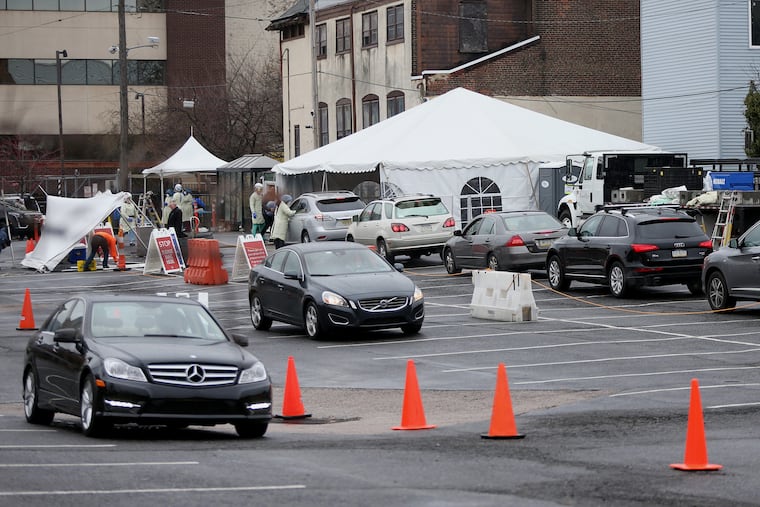For surgeons trained to heal, delaying care for coronavirus is a new conversation l Opinion
Some of the postponed operations are relatively benign. But others present far more complications, both clinically and emotionally.

The conversations that we have with patients have changed in the era of the COVID-19 pandemic.
We are adept at operating to address damaged heart valves or bladder cancer, and advising patients on what they can expect after surgery.
In recent weeks, we’ve faced another topic entirely: why some patients need to wait to have surgery.
As the pandemic threatens to challenge our health-care system’s capacity, “elective” operations — those that can be delayed without affecting the ultimate outcome — are now postponed indefinitely. In mid-March, both the U.S. Centers for Disease Control and Prevention (CDC) and the Centers for Medicare and Medicaid Services (CMS) released directives instructing health systems across the nation to prioritize only the most urgent procedures.
It’s responsible to conserve hospital beds, personal protective equipment, ventilators, blood products, and staff capacity. At the same time, we are protecting patients, many of them seniors with high-risk conditions, from the pandemic by keeping them out of the hospital and avoiding doing anything that could weaken them further.
Some of the postponed operations, such as uncomplicated hernia repairs or cosmetic plastic surgery, are relatively benign. But other postponements — say, for certain nonemergency cancer and cardiac procedures — are far more complicated, both clinically and emotionally.
While waiting to have surgery might not be immediately life-threatening, it does carry a risk of disease progression or additional complications. Also, the window of opportunity for an operative cure is not infinite. What would this mean for patients as the total duration and the scale of the pandemic remains uncertain?
In talking to patients whose doctors bring up the possibility of delaying surgery, a few common questions arise. What made you think my condition can wait? Are you waiting until I get sick enough? Will it be too late? These are important questions. The answers aren’t straightforward. But the discussion is necessary.
We, as clinicians, are problem-solvers, and together with our patients, we will approach concerns and issues as we always do … with our experience, with communication, and with collaboration.
This is yet another illustration of why we need everybody to maintain social distancing. This is why we encourage everyone to donate equipment or much-needed blood supplies. When you do these things, you are protecting our patients. And you are protecting us.
There are patients whose lives are literally on hold. They are praying for the day they can receive the treatment they need.
Until then, as surgeons and trainees, we stand with our patients in the face of these unprecedented times. Illness doesn’t halt in the face of a crisis, but we are here for you, and together, we will find a way through.
Jason Han is a resident in cardiothoracic surgery and Ruchika Talwar is a urology resident in the Perelman School of Medicine at the University of Pennsylvania. Both also are associate fellows at the Leonard Davis Institute for Health Economics. The opinions expressed in this article do not represent those of the University of Pennsylvania Health System or the Perelman School of Medicine.